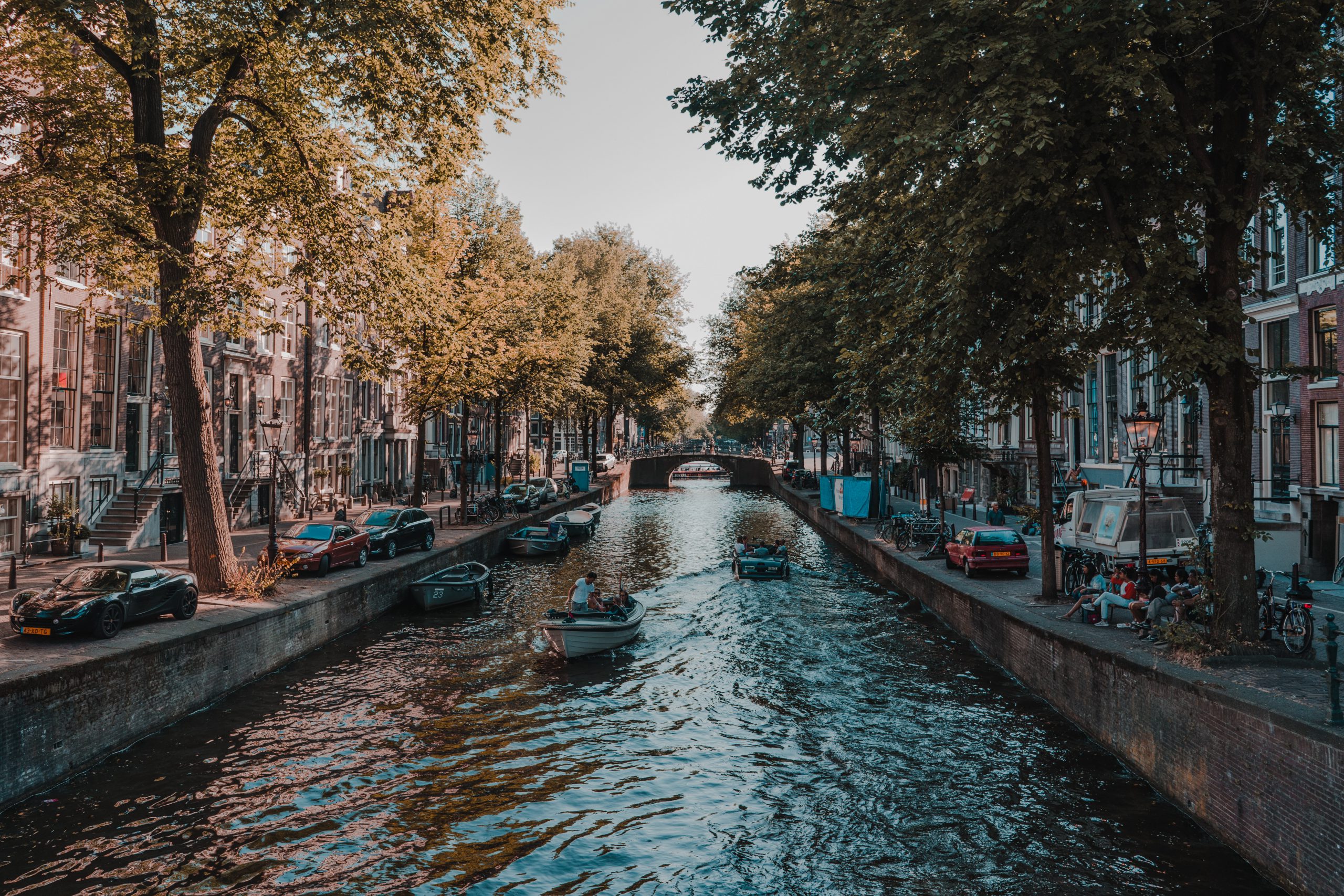
Only One Word
It was a Wednesday morning, just a quarter past 9AM. My wife and I were gearing up to take a private boat tour through the canals of Amsterdam. Our tour guide, who insisted we call him “Skipper,” was an animated and proud Dutchman who proved eager to explain all things Netherlands and Amsterdam; we discussed items ranging from pirates to prostitution.
As we floated down canals we had never seen, whose names we couldn’t pronounce, we fell in love with this historic city. We traversed the seven gorgeous bridges of Reguliersgracht and gazed at the marvelous canal houses of Spiegelgracht. As our tour came towards its conclusion, the Skipper answered questions and discussed the Dutch as a people. He conversed with us about caricatures and characters of Dutch history. As we pulled back into the dock, he turned to tell us the “one word” he would use to describe those who live in Amsterdam in particular and the Netherlands in general; he gave us an inside take into the self-perception of the Dutch and, in doing so, his “one-word” left me stunned.
Without pause or hesitation the skipper declared, “There is much that we take pride in, but if I had only one word to describe the natives of Amsterdam, it would be 'sovereignty.'”
He continued to explain how the Dutch are a proudly autonomous people. He spoke of how they scoff at anyone who would dare tell them how to live their lives and insisted that their sovereignty as individuals meant that the direction and destiny of their life was up to none other than themselves. In Amsterdam, autonomy is king.
The Skipper’s Theological Irony
I have no reason to believe the Skipper had much awareness of theological history and much reason to assert that his religious bent is towards atheism. However, his one-word choice sent chills down the spine of this theology student. Sovereignty. The rich theological irony of his answer stopped me in my tracks. If the roles were reversed, and our captain asked me to choose one word to describe the rich theological history of his beautiful country, I’m not sure I could have thought of a better one.
We were in the homeland of Kuyper, Bavinck, Berkhof, and Van Til. These men spent the better part of their lives reveling in the supreme reign of their sovereign Lord. Page after page, their words demand our gaze to focus on the God who owns the cattle on a thousand hills and who, at this very moment, is upholding the universe by the word of his power. God-centered theology is the great legacy of the Dutch. One of the most oft-quoted lines from the Netherland theologians is Kuyper’s piercing statement, “There is not a square inch in the whole domain of our human existence over which Christ, who is Sovereign over all, does not cry: 'Mine!'”
This possessive declaration from our King includes you, me—and yes—even the Skipper. We belong, as all humans who have come before and all that will come after, to the triune God of the universe. There is only one who instructs the rain to fall on Holland. There is only one who know the number of Netherland hairs. There is only one who administers days to Amsterdam. There is only one who is truly sovereign. The people and politicians of the Netherlands, or of any other country, may be able to construct policies which showcase their earthly autonomy, but at the end of the day, they can’t demand the sun to stay put or instruct the stars where to hang.
Christian, self-autonomy is nothing to rejoice in. The news that we are completely in control of our fate would surely be bad news. Instead, we gladly entrust ourselves, and our futures, to the one who is immutable in his perfections and perfect in his ways. The wonder of wonders in the Christian faith is not that God has established our sovereignty in order to let us fend for ourselves; the glorious wonder of our triune God is that he has delighted in exercising his sovereignty for our good.
For I know that the LORD is great, and that our Lord is above all gods. Whatever the LORD pleases, he does, in heaven and on earth, in the seas and all deeps. He it is who makes the clouds rise at the end of the earth, who makes lightnings for the rain and brings forth the wind from his storehouses. – Psalm 135:5-7

